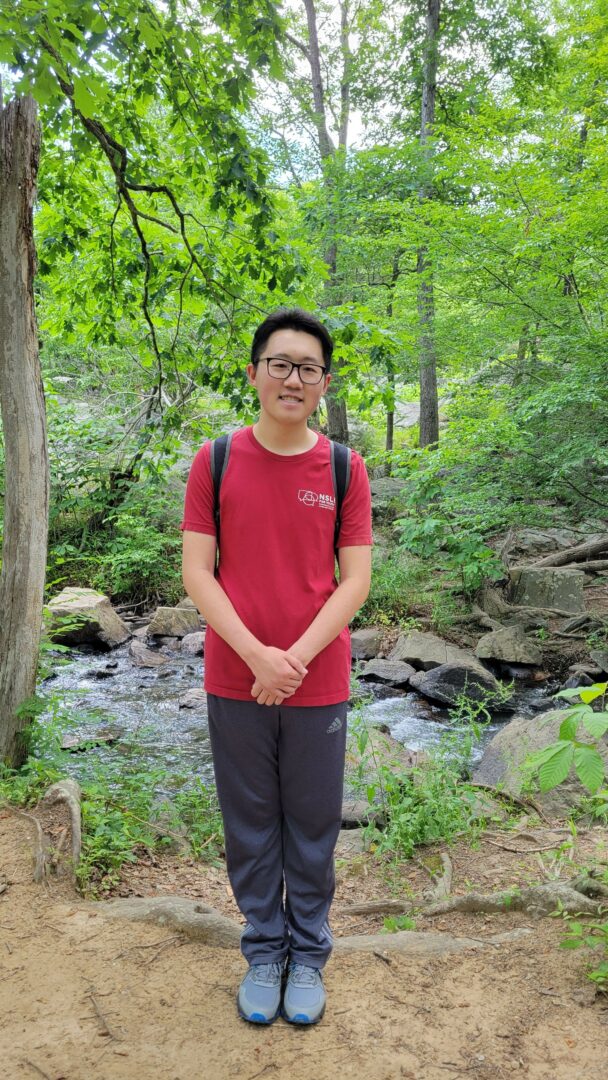Alright – so today we’ve got the honor of introducing you to Kevin Liao. We think you’ll enjoy our conversation, we’ve shared it below.
Hi Kevin, appreciate you sitting with us today. Maybe we can start with a topic that we care deeply about because it’s something we’ve found really sets folks apart and can make all the difference in whether someone reaches their goals. Self discipline seems to have an outsized impact on how someone’s life plays out and so we’d love to hear about how you developed yours?
I would say that my self-discipline is a combination of the environment I was brought up in as well as my ambitions.
As a child of immigrants, I understand the obstacles my parents went through to get where they are today, from coming to the U.S. for their PhD programs without knowing much English to learning how to climb the corporate ladder. During family dinners, they frequently emphasized how hard they worked to get where they’re today and how much of a better position I’m in right now given the resources I have access to that they didn’t have.
From a young page, my parents told me that they believed I was capable of doing anything I was capable of. In other words, if I was committed to doing something and was willing to put in the time and effort, I would see results sooner or later in some way.
One of the latest examples is the journey I underwent to secure my summer 2024 software engineering internship at Capital One. At the time, the tech market was already getting worse, and companies worldwide were raising the bar for interns and new grads. Nevertheless, this didn’t discourage my dream of landing an internship at a top firm.
Aside from my full-time course load as an undergraduate student, I dedicated most if not all of my remaining time to interview prep or internship applications, from practicing problems on LeetCode (a site used by engineers to prepare for coding interviews at top tech companies), polishing my resume, to attending networking events offered by my school’s career center.
There were times I felt I was biting off more than I can chew and that this journey would be too strenuous. There were countless days where I would just wake up and spend the rest of the day at my computer only with a few meal breaks in between before heading to bed.
Nevertheless, I was able to land my summer 2024 internship at Capital One at the end.
In summary, I would say that my self-discipline came from not only the lessons my parents taught me about hard work but also my own ambitions. Thanks to my parents, some habits of self-discipline I’ve acquired over time have been waking and sleeping early and going above and beyond exceptions, whether it’s at school or work. Moreover, realizing my own ambitions, I’ve had the courage to work hard, take risks, and push myself to reach the next level.
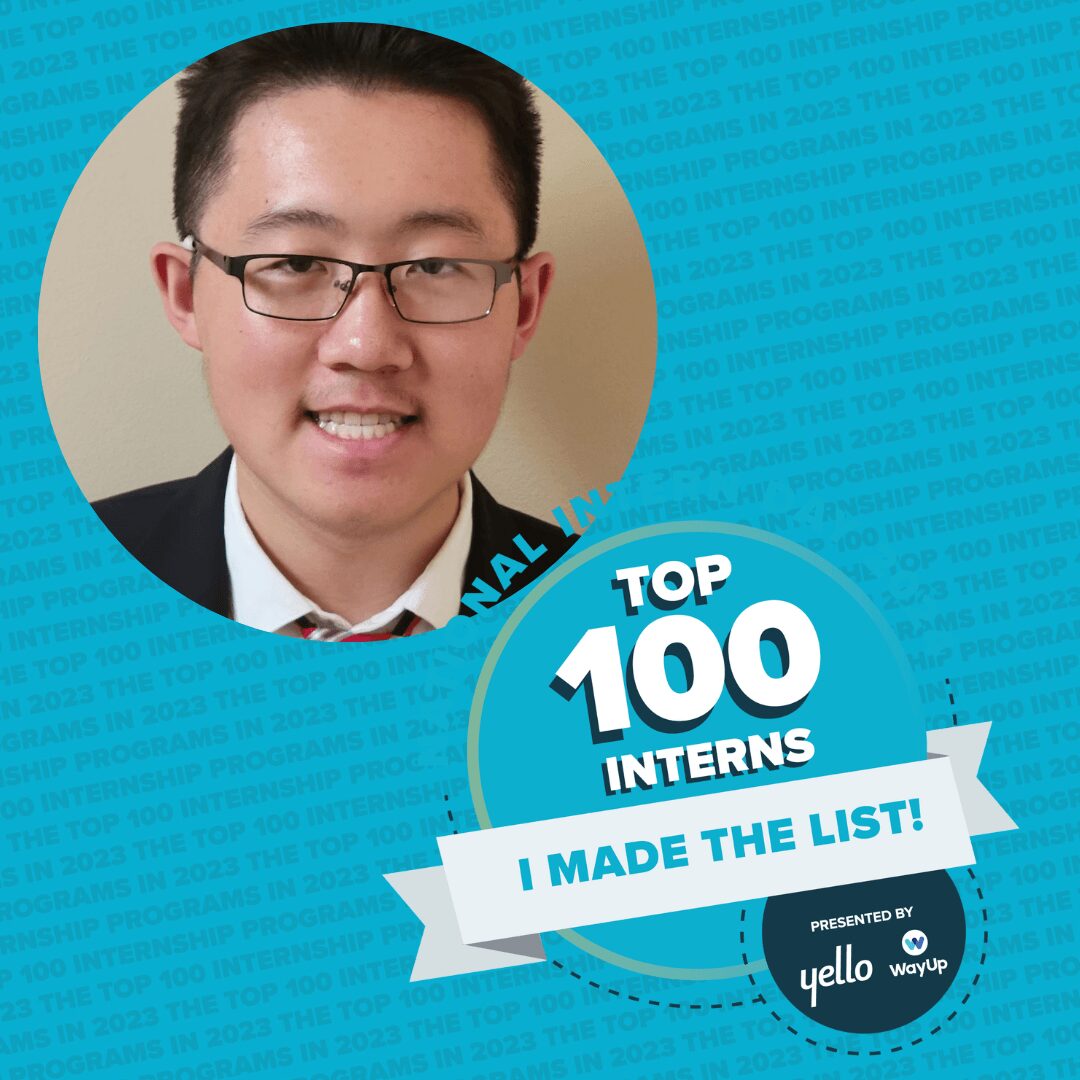
Great, so let’s take a few minutes and cover your story. What should folks know about you and what you do?
I would say my current professional journey isn’t one that many would expect.
I study computer science at university and aspire to be a software engineer, but I neither built games or apps nor taught myself programming when I was in middle school. In fact, my first exposure to programming was my sophomore year of high school.
For a period of time, I wanted to pursue a career in music. I played clarinet competitively through middle school and my early years of high school, won state and international competitions that culminated in performances at Carnegie Hall, and aspired to be the principal clarinetist of top orchestras such as the Chicago Symphony or the Berlin Philharmonic.
However, participating in so many competitions really sucked out the fun, and there was a time I felt so burned out I couldn’t do it anymore, leading my dreams of being a world-renowned clarinetist to be crushed.
Shortly afterwards, roughly in my junior year of high school, I became interested in learning languages. Ironically, music is also a language. In my free time, I watched videos of basic French, German, Spanish and tried to imitate what I was hearing. Some people told me that my accent in some cases was spot on, leading me to think that I have a good ear for languages, likely due to relentless clarinet work I put in previously.
From there, instead of practicing clarinet in my free time, I studied languages, either independently or through online lessons with a teacher. At the moment, in addition to my native English and Mandarin, I have near-native/bilingual proficiency in Russian, am proficient in German and Japanese, and conversational in French and Serbian.
So, you may ask, how does any of this relate to programming? Simultaneously, I was taking my second-ever computer science course, and I started to connect the dots between music, languages, and programming. At the end, they’re all some kind of language or tool of communication. Music is used to communicate between other musicians, languages are used to communicate between humans, and programming is used to communicate between humans and machines.
After considering the state of the tech market and the pace it was growing at the time, I decided to declare my undergraduate major as computer science at the University of Maryland College Park.
During my first few months as a freshman undergraduate, people were talking about internships left and right. However, I was still trying to determine which field in computer science I would be interested in (e.g. software engineering, data science). Thus, I didn’t think much about my professional career my freshman year.
Nevertheless, I was able to get a software engineering internship my sophomore year with the help of some personal projects and networking. That marked the start of my early career journey. From there, with the encouragement of a friend, I started to practice more consistently interview-style problems on LeetCode. At the start, I felt overwhelmed by the difficulty of some problems and felt discouraged at times, but together with the encouragement from my friend and my perseverance, I tried to do at least 1 problem each day over a time span of roughly a year.
However, the more I looked into how to land internships at top companies, the more I realized that it’s more than LeetCode, such as writing a resume, having a killer LinkedIn profile, networking with others, having a great elevator pitch to stand out at career fairs, etc. To my surprise, none of this was taught in my university classes, so it was definitely a steep learning curve.
When classes resumed in the fall 2023 semester, I dedicated most if not all time outside of my classes to preparing for interviews, attending career development events, polishing my resume, and networking. It was a tough decision knowing that I had to cut back a lot on the fun, but I believed that the sacrifice would be well worth it, realizing that landing an internship at a top firm would give me a major advantage when it comes to finding full-time roles after graduation, thus elevating my early career.
Despite the countless online coding assessments that lead to no follow-ups and automated rejections, I was able to secure my summer 2024 software engineering internship at Capital One in October 2023. Hearing the words from my recruiter during the phone call that they would like to extend me an offer, I instantly felt like I was on cloud 9. Those hours of grinding LeetCode questions and applying to internships didn’t go to waste.
Since then, I’ve been passionate about sharing my story on LinkedIn and the steps I did to help me land an internship at a top firm in this tech market. When I made my first post about me joining Capital One, I only had about 2.3K followers. Now, I have over 20K. During the summer of 2024, I posted weekly about my progress at my Capital One internship, through which I was recognized for my hard work and went on to be named a 2024 WayUp Top 100 Intern.
My impact has stretched beyond LinkedIn. In the fall of 2024, I plan to collaborate with my school’s career center to host career development workshops for students, such as writing a resume. Moreover, I’ve become a Career Path for CodePath (a nonprofit organization aimed at providing computer science education to underrepresented groups and genders in tech), one of my responsibilities of which is providing resume and LinkedIn feedback to students and tailored 1-1 feedback on their job swatches and early career goals. In my free time, I also enjoy offering career advice on a coaching platform called Topmate.
Planning to start working full time in February 2025 as a software engineer, I’m optimistic about what my future career holds, passionate about using my technology expertise to make the internet a better and more accessible place. My plan is to work in tech for a few years before deciding whether I want to head back for an MBA or continue to work as an engineer. In the future, I aspire to take more on management or leadership roles, which I’ve actively been practicing through mentoring others in their early career journeys.
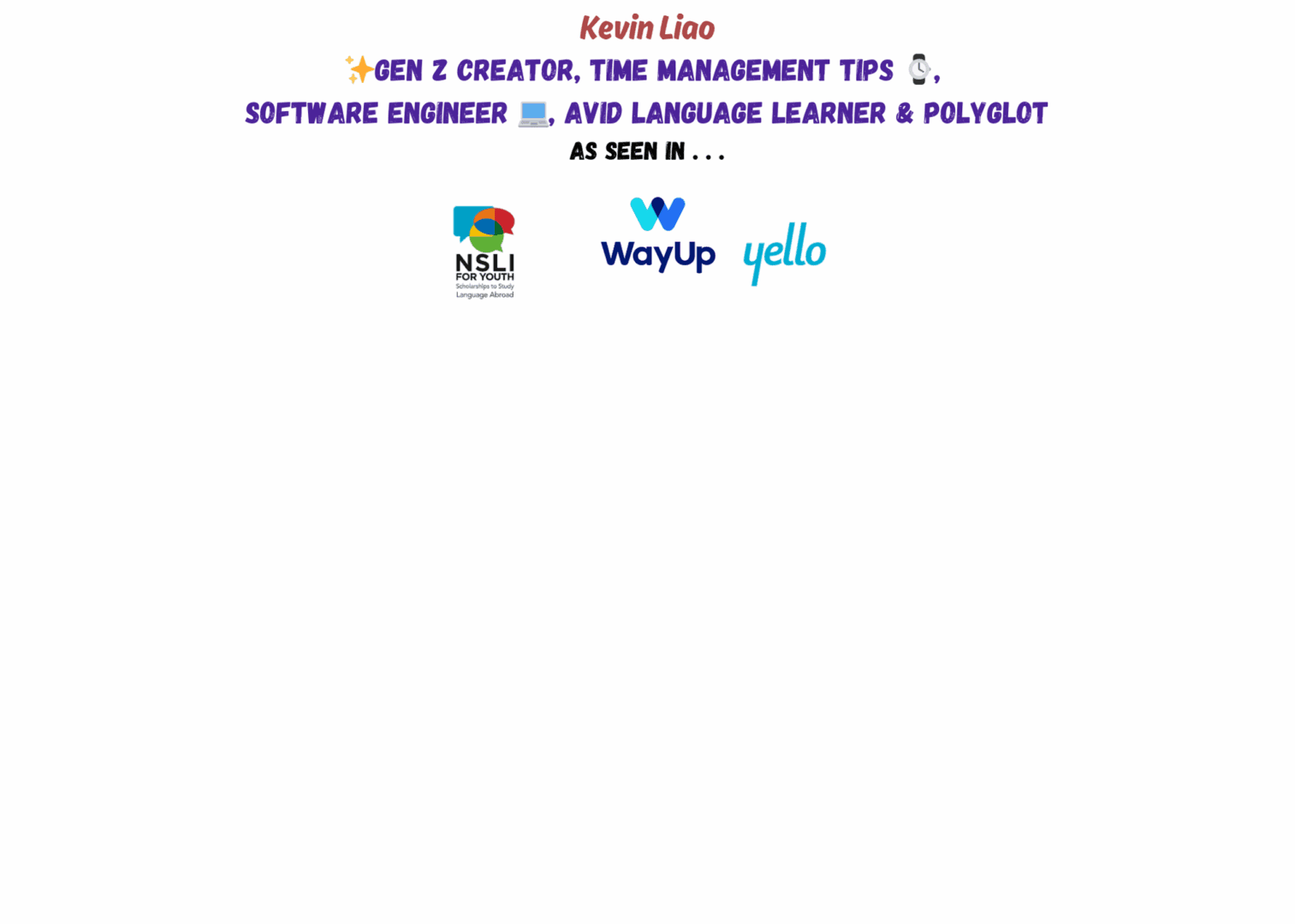
There is so much advice out there about all the different skills and qualities folks need to develop in order to succeed in today’s highly competitive environment and often it can feel overwhelming. So, if we had to break it down to just the three that matter most, which three skills or qualities would you focus on?
1. Having a clear vision
Early on in your career, especially if you’re a college student, having a clear vision of what your career aspirations are is perhaps one of the most important things you can do. Without a clear vision, it’s hard to have goals in mind to work towards, more or less motivation.
Once you have a clear idea on what you want to accomplish in terms of your early career, such as finding an internship at X company or getting into X company after graduation, you start to set goals for yourself and have more motivation for everyday tasks, such as practicing data structures and algorithms, working on personal projects, or networking with industry professionals.
Once you realize your potential, the grind becomes addictive.
2. Networking and finding a mentor
It’s not what you know but also who you know. According to HubSpot, at least 85% of jobs are found through networking.
Networking can benefit you in many other ways aside from job hunting. By meeting new people whether it’s from your classes or internships or strengthening current connections, you get to gain more insight into emerging industry trends, such as which companies are hiring, where the industry is headed in the next 5-10 years, etc.
In other words, when you network, you essentially have access to a wider variety of information, such as which positions were just opened, how companies are hiring, etc. You don’t know when this information could come in handy one day.
Furthermore, when you’re early on in your career and don’t have much experience yet, it’s indispensable that you find yourself a mentor who’s been in the industry for a few years and is willing to guide you on the journey. A mentor is essentially someone whom you feel comfortable asking questions about your career development.
3. Persevere and don’t let imposter syndrome get to you
When we see people achieving success, we see triumph and glamor in their faces, but what we don’t see is the hours of blood, sweat, and tears that went in beforehand.
We all have our strengths, weaknesses, and limitations, so set goals that are appropriate for you and achievable in the long run. Don’t take setbacks personally; they’re part of the process. Reflect on each setback, what you can learn from it, and how you can avoid it.
In addition, everyone’s path to success is different. When we’re aware of the amazing things others are accomplishing, we tend to question our worth and doubt our abilities in some cases. We’re tempted to compare ourselves with others, but in the end, our only competition should be ourselves. It’s a win when we make progress in our skills or goals, regardless of the extent.
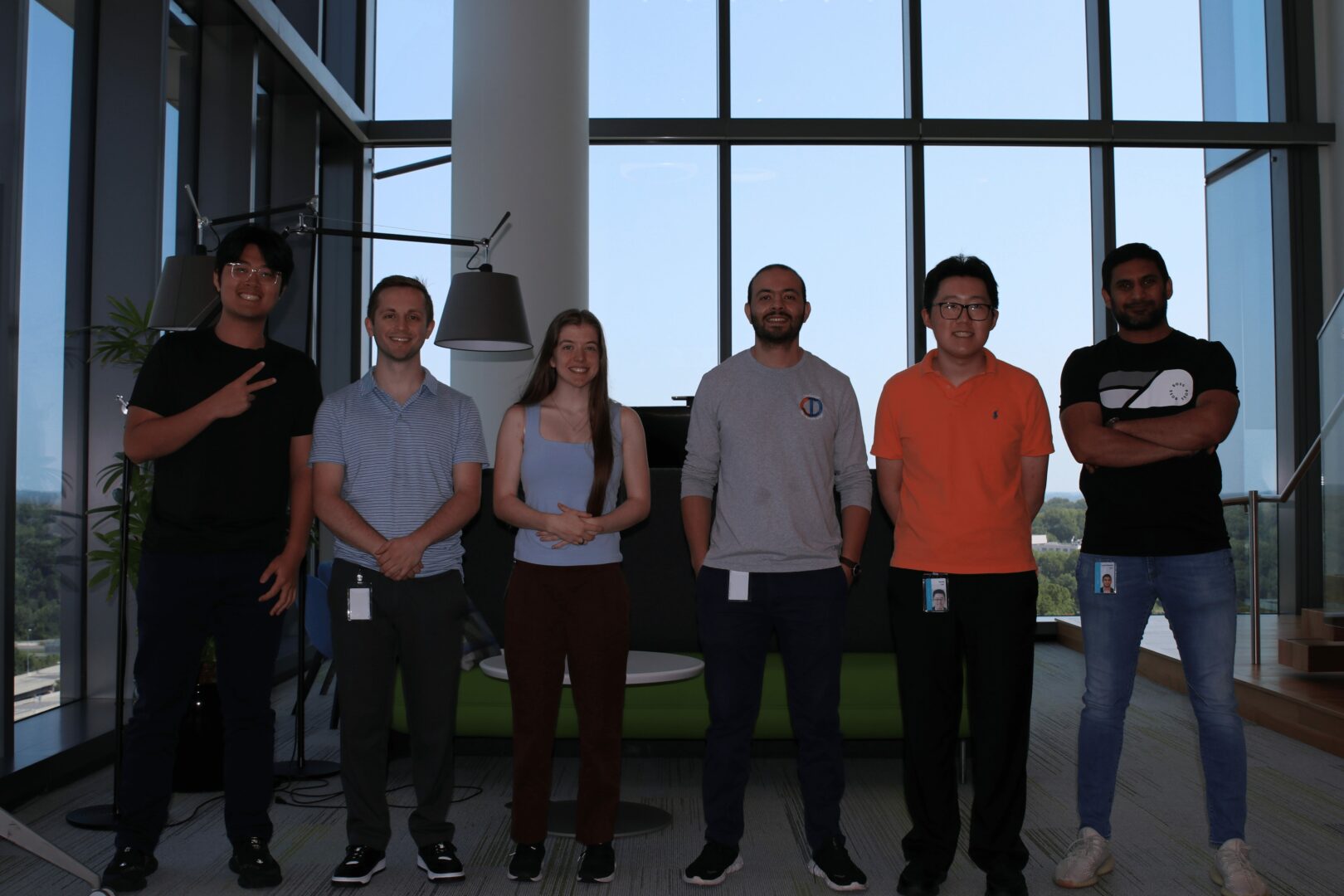
Before we go, maybe you can tell us a bit about your parents and what you feel was the most impactful thing they did for you?
One thing my parents did for me that I am and will always be grateful for is never giving up on me. I wouldn’t be where I am today had it not been for their relentless support.
These days, I’m frequently praised for my work ethic and self-discipline, such as waking up at 5 am and giving my 200% best, but it didn’t come easily.
Back in 3rd grade, I was a C student, and I sighed almost every time my mom said it was time to study. However, my parents never gave up on me, and they repeatedly emphasized that they knew I could bring my grades up had I spent more time on studying.
Now, as someone entering their senior year of college, I’ve been very appreciative of the career advice my parents have provided me, such as how to build relationships at my internship and climb the corporate ladder.
In summary, my parents’ relentless support provided the skeleton or foundation for my current success.
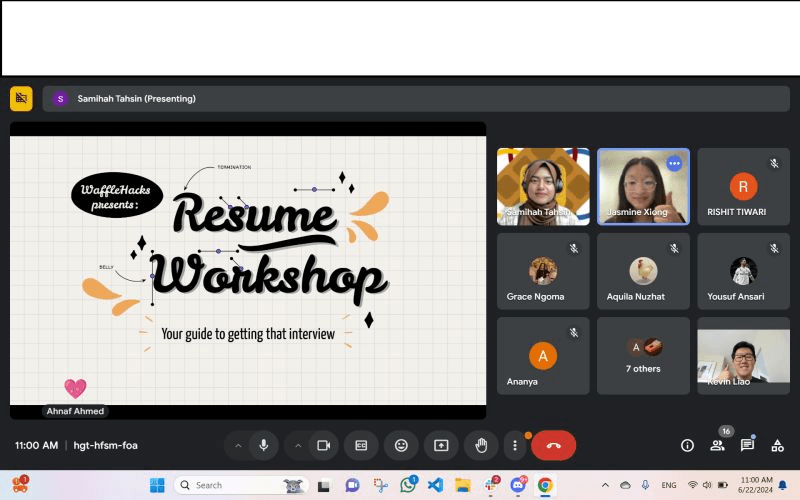
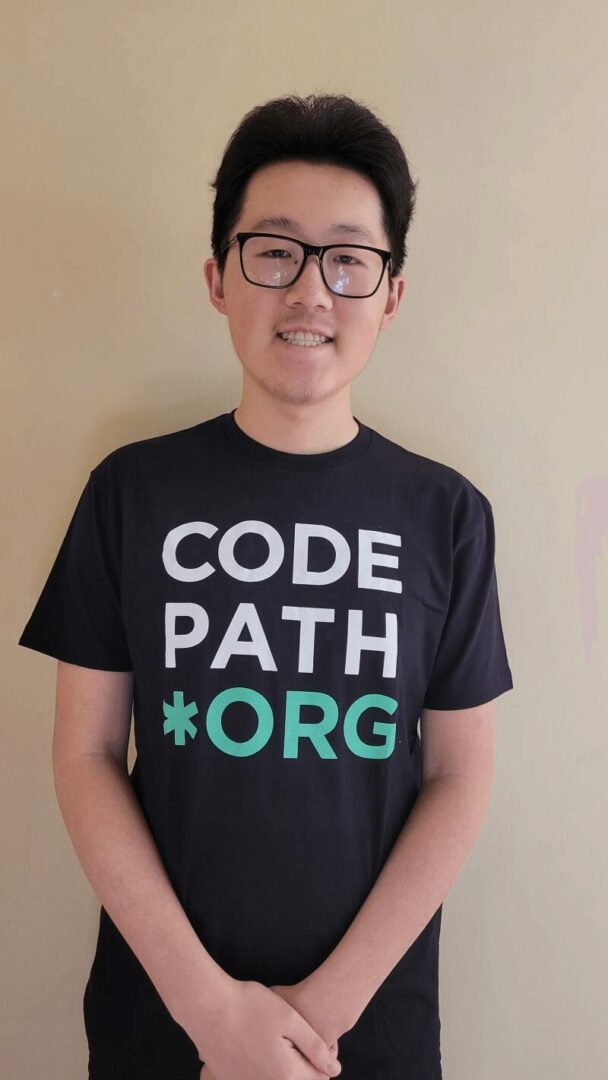
so if you or someone you know deserves recognition please let us know here.

